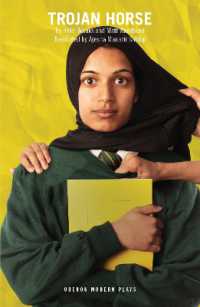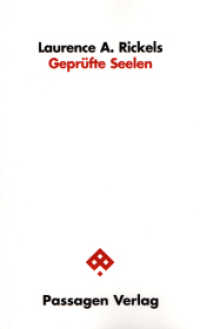Full Description
The papers in this book will be of interest to all linguists and teacher trainers who are concerned with and about the important movement towards the individualization of language testing. This movement recognizes the need to individually tailor assessment procedures to fit a wide variety of learners, teaching goals, sociolinguistic contexts, motivational factors and educational traditions.
Contents
Social aspects of individual assessment, Bernard Spolsky; learner-centred testing through computers - institutional issues in individual assessment, J.Charles Alderson; national issues in individual assessment - the consideration of specialization bias in university language screening tests, Grant Henning; psychometric aspects of individual assessment, Geofferey N.Masters; individual learning styles in classroom second language development, Rod Ellis; comprehension of sentences and of intersential relations by 11 to 15-year-old pupils, Denis Levasseur and Michel Page; discourse organization in oral and written language - critical contrasts for literacy and schooling, Rosalind Horowitz; indeterminacy in first and second languages - theoretical and methodological issues, Antonella Sorace; an experiment in individualization using technological support, Norma Norrish; discrete focus vs. global tests - performance on selected verb structures, Harry L.Gradman and Edith Hanania; operationalizing uncertainty in language testing - an argument in favour of content validity, Alan Davies; minority languages and mainstream culture - problems of equity and assessment, Mary Kalantzis et al; the role of prior knowledge and language proficiency as predictors of reading comprehension among undergraduates; the language testing interview - a reappraisal, Gillian Perrett; directions in testing for specific purposes, Gill Westway et al.








